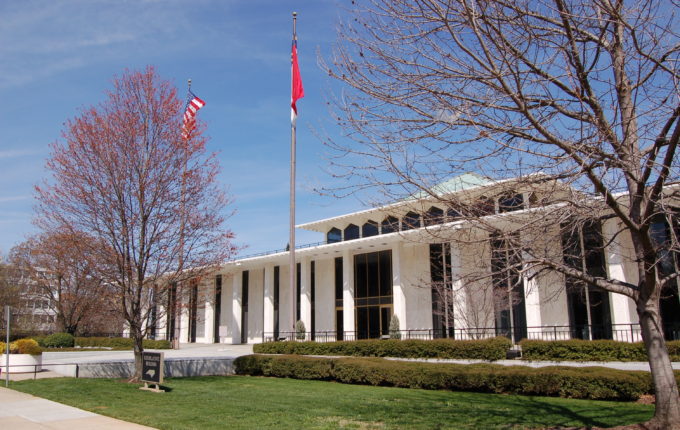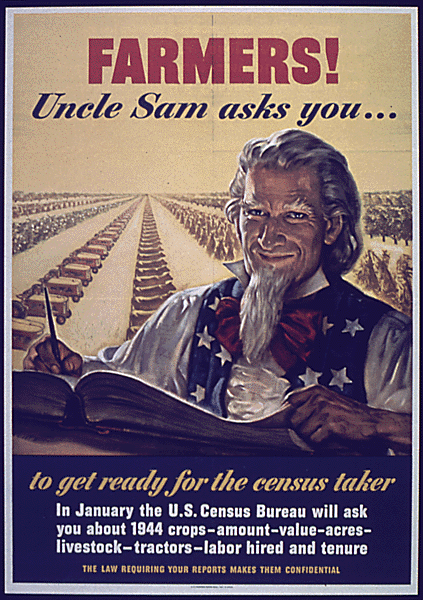The North Carolina General Assembly gaveled in its 2017-18 long session a couple weeks ago, but so far the action has mainly been getting bills filed and holding a few committee meetings. As state legislators prepare to roll up their proverbial sleeves, let’s take a moment to talk about a few issues we’ll be watching this session.
Growing up on our small farm in Travis County, Texas, I would occasionally see the survey form from the Texas Crop and Livestock Reporting Service on my dad’s desk. Dad retired as a pilot from the US Air Force after a 28-year career, including flying B-29’s during WWII in the Pacific. My parents bought the rural house and acreage in central Texas so that, among other reasons, my two brothers and I could learn the lessons of hard work while they held down jobs off the farm. Little did I know at the time that I would one day be a “bureaucrat” sending out those survey forms to thousands of farmers across the nation. During my 32 ½ years working for USDA National Agriculture Statistics Service (formerly known as the Crop and Livestock Reporting Service), I have seen and measured firsthand the tremendous changes in agriculture – yet the reason for conducting agricultural statistics surveys really has not changed.
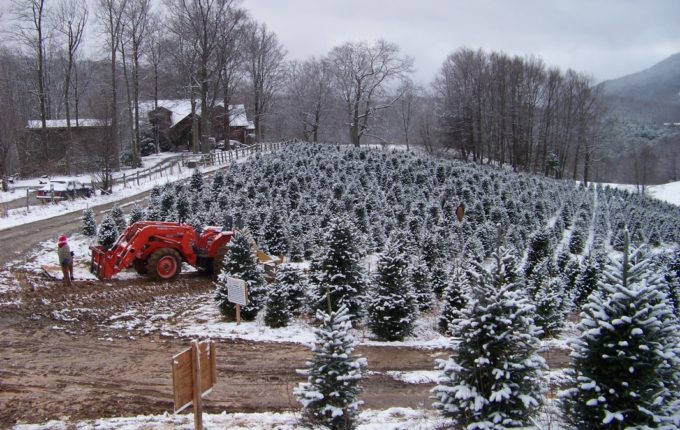 Economy
Economy
The holidays are finally here, and that mean many of you either already have or soon will be decorating your Christmas Tree. What you may not realize is just how lucky we are here in North Carolina to have a large, thriving community of Christmas tree growers. In fact, North Carolina Christmas Trees are so famous they have been selected as the White House Christmas Tree a dozen times since 1970. So this week, in the spirit of the season, we’re lighting up the NC Christmas Tree Industry!
Written by Dan Gerlach, President of the Golden LEAF Foundation.
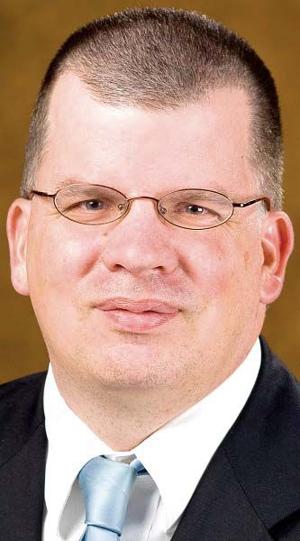 The Golden LEAF Foundation was created to ensure to ensure there would be dedicated resources to help transform the economy of rural, tobacco-dependent and economically distressed communities in North Carolina.
The Golden LEAF Foundation was created to ensure to ensure there would be dedicated resources to help transform the economy of rural, tobacco-dependent and economically distressed communities in North Carolina.
During my more than 20 years in North Carolina and my almost eight years as President of Golden LEAF, there’s no doubt in my mind that the heart and soul of the innovation, creativity, risk-taking, vision, and significance of North Carolina can be found in the farmer and grower.
Earlier this year, the Golden LEAF Board of Directors stepped out of our usual grantmaking processes to create a fund to support the development of major industrial sites across North Carolina. This fund would reduce the time it takes a big manufacturer to be build a plant and hire North Carolina workers, exporting product all over the United States and all over the world. With this $25 million, there would be no requirement that a company be committed, but rather faith that this seed corn would facilitate the location of good-paying manufacturing jobs to North Carolina. Manufacturing has long been part of rural North Carolina’s past, and certainly important to its future – though in a different way.
So it should be no surprise that our Board of Directors made one of the biggest commitments in our history – $45 million – to ensure that a facility on NC State’s Centennial Campus in Raleigh to house the Plant Sciences Initiative would be built. Manufacturing and agriculture are the two great workhorses of our rural economy, and are a major part of our future as well.
This week’s post is written by Catherine Harward, a rising senior at North Carolina State University. As a Warren Leadership Fellow, Catherine spent this summer interning with North Carolina Farm Bureau learning about public policy and agricultural advocacy.
Three years ago, I never could have imagined where I would be today. If someone would have told me that I would be interning in agricultural policy for the largest agricultural organization in North Carolina, I would have shook my head in disbelief.

To give you some background, I grew up on a beef cow/calf operation in Stanly County raising purebred and commercial cattle with my father, mother, and four sisters. Even though my dad has all daughters, he never allowed any of us to think because we are girls we could not work on the farm. Since I was little, I enjoyed riding with my dad to feed cows, check fences, and vaccinate the herd, among other work. As I grew older, I became increasingly active in my family’s cattle operation in addition to our livestock marketing businesses. We market cattle across North Carolina and in adjoining states, keeping all members of our large family busy and involved in the family businesses. In my spare time, between school, sports, and the farm, I showed cattle at fairs and exhibitions, sparking my interest in youth agricultural organizations. I loved growing up in a farm family, and I appreciate the life lessons the farm taught me that have motivated me to work hard and to be successful.
I realized that even if you are not interested in politics, it still affects you, and it is crucial that we have farmers at the table helping to make decisions.
Over the past three years as a college student, I acknowledged my increasing passion for agricultural advocacy. Farm Bureau’s Young Farmers and Ranchers program at NC State opened my eyes to the diverse avenues for advocacy and the power of networking. I met various professors who motivated me to look into my passions and purpose in agriculture. Each time, my passions circled back to cattle and advocacy. I never had a great interest in politics and tended to shy away from those discussions. However, reality hit me over time and I began to recognize how important it is to have people working in agricultural policy to keep farmers farming. I realized that even if you are not interested in politics, it still affects you, and it is crucial that we have farmers at the table helping to make decisions.
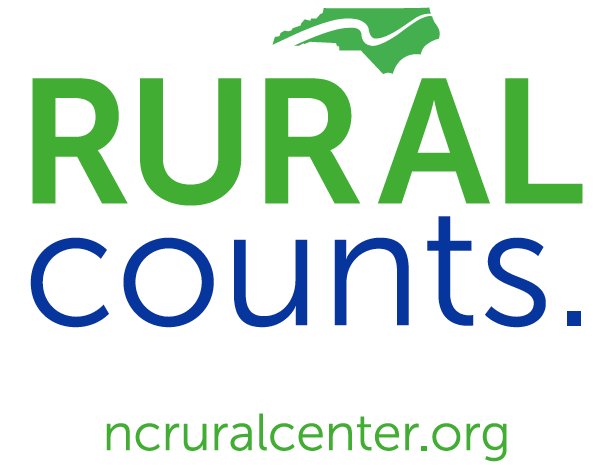 Agriculture / Economy
Agriculture / Economy
Written by Jason Gray, Senior Fellow of Research and Policy at the North Carolina Rural Center
Connection to place and land is the heart of rural North Carolina. It is what defines rural from urban. It also reflects the positive connection of what we do to where we live. Rural work and culture is not, as some would have us believe, “nonurban” – a null set waiting to become something else. The rural life has inherent worth and value.
Agriculture is a major expression of this worth and value. The North Carolina Rural Center believes that the sustainable, productive use of land, timber and marine fisheries is one of the defining characteristics of rural life, despite the inherent physical and financial challenges. North Carolina’s strategic location in the middle of the eastern seaboard places its agricultural production near a large percentage of the country’s population. The topographical variety and temperate climate makes North Carolina an agriculturally diverse state, second only to California. One of the greatest job creation opportunities available to rural North Carolina is the focused effort to increase the amount of value-added production that occurs near where the product is grown. Continued good stewardship of our state’s immense natural resources affords us the opportunity to maintain a desirable quality of life.
In April of this year the Rural Center released a ten point advocacy package. More than just a policy advocacy package to engage state and federal policy makers, it is also a statement of what we believe works. Advocacy point #8 is Develop Opportunities for Agriculture and Natural Resources, including Biotechnology and Value-Added Food Processing. We identified the following sub-strategies to do this:
Being a successful farmer in the 21st century means more than owning a tractor and a few acres. It means having the ability to adapt to constantly changing situations and environments, staying up-to-date on cutting-edge technologies, and knowing how to effectively communicate with employees, the public, government officials, salesmen, scientists, and lawyers, just to name a few. What’s sometimes overlooked when we talk about all of the important things farmers do is the simple but essential act of farmer-to-farmer communication. It’s National Pollinator Week, so today we’ll take a closer look at one way in which farmers are working together using a new voluntary communication tool called DriftWatch that is gaining momentum across the US.
Last week we discussed a couple of reasons some farmers choose to sell their farm products locally at farmers markets, roadside stands, and pick-your-own sites. While selling locally is an important market for some farmers, others are venturing into new markets through international trade.

